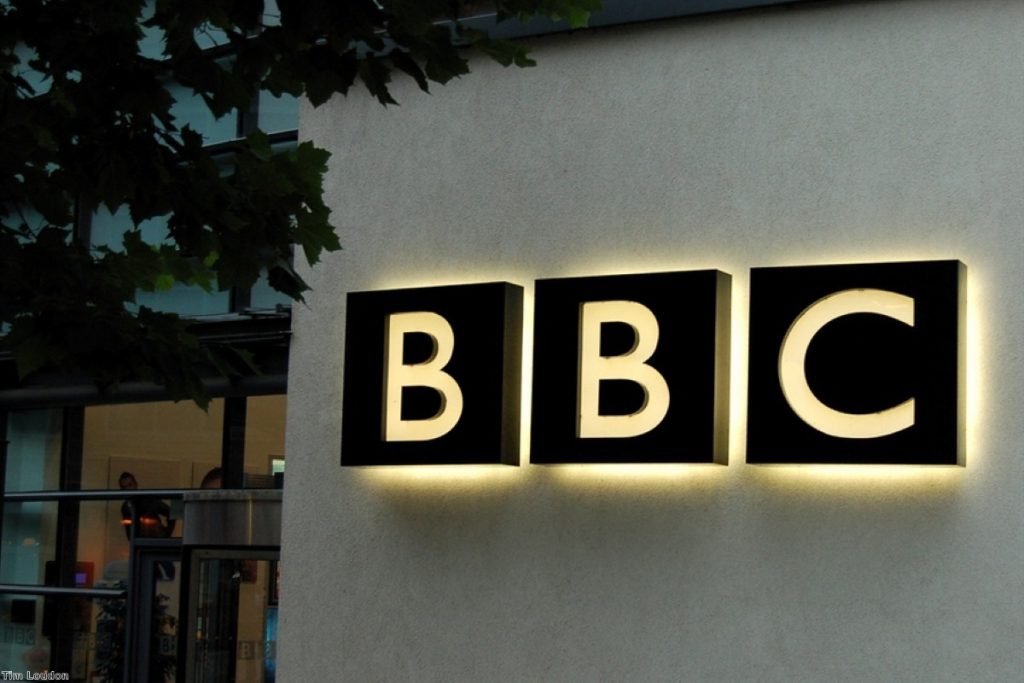Scottish independence campaign accused of ‘bullying’ after protesters target BBC
Campaigners for Scottish independence were accused of trying to bully the BBC into delivering more favourable coverage after they targeted the corporation in a protest yesterday.
Several hundred supporters gathered outside BBC headquarters in Glasgow yesterday to protest against alleged bias in its coverage of the independence referendum.
"One of the great things about the referendum debate is the passion it provokes, but this is taking it far too far," Labour MP Jim Murphy told the Herald.
"The nationalists' attempts to bully broadcasters and boycott businesses is the last thing the independence debate needs.


"More and more Scots are looking at their angry and divisive campaign and finding it a turn off."
He added: "The reason for the nationalists' frustration is clear: after 80 years of campaigning to break up the UK and with just 80 days to go, patriotic Scots are still saying no thanks to their political project.
"They are losing the big arguments and losing the plot in a big way. We have seen lots of online bullying by nationalists, now we are seeing real-world attempts to bully a broadcaster."
But pro-independence campaigner and organiser Moira Williams told the BBC supporters needed to protest to try to halt the "unhealthy bias" in the corporation’s coverage.
"We organised this event because we are witnessing increasing discontent over BBC referendum coverage and we felt we needed to stand against this unhealthy bias," she said.
"Whether Scotland votes 'yes' or 'no', let it be based on facts provided in a fair and accurate way, not because people have been misguided."
Several hundred people attended the demonstration, but it was significantly lower than the 1,700 protesters predicted by Newsnet Scotland, a pro-independence website which helped organise the event.
It is not the first time the independence campaign has butted heads with the BBC. After a Ukip candidate won a European election last month, first minister Alex Salmond said the corporation had "beamed" the party into power with its coverage.
That election was particularly damaging to the SNP because so much of its rhetoric is based on the argument that Scotland is a fundamentally different, more socially-democratic nation than the rest of the UK.
The controversy over BBC coverage comes as a senior SNP figure suggested the abuse aimed at JK Rowling was written by members of the British intelligence agencies.
The Harry Potter author was called a "whore", a "bitch" and a "traitor" after she donated £1 million to the 'no' campaign.
"The attacks on JK Rowling for her donation to Better Together were, in fact, down to a very few people whose accounts no one could trace back to having anything to do with the 'yes' campaign," Christina McKelvie said.
"Whoever made them – there are interesting conspiracy theorists who think it might all have been down to secret service plants – should be totally condemned. I have no time for this kind of small-minded viciousness."
Former SNP deputy leader Jim Sillars made a similar claim, suggesting it was "naive" not to think intelligence agencies were involved in trying to undermine the referendum.
Campaigners for the 'no’ campaign have made as much political capital out of the violent rhetoric of the so-called 'cybernats' as possible.
The tone of the angry messages allows them to turn the tables on the 'yes' campaign and portray them as negative – a quality the 'yes' camp have accused Better Together of throughout the referendum.









